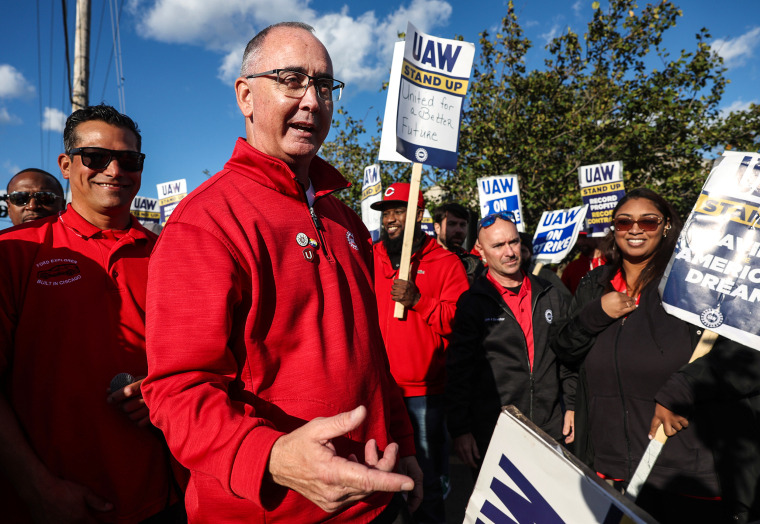In recent years, the South has become a battleground for the future of workers’ rights and unionization efforts. The United Auto Workers’ (UAW) recent victory in Tennessee has fueled hopes among supporters, but not everyone is convinced of its significance.
One key factor that supporters highlight is the potential ripple effect of the UAW’s successful campaign. By securing a majority vote at the Chattanooga, Tennessee plant, the UAW has demonstrated that unions can flourish even in traditionally anti-union regions. This victory has sparked optimism among labor activists who see it as a sign of changing attitudes toward union representation in the South.
Moreover, the UAW’s success in Tennessee has reignited discussions about the importance of collective bargaining and workers’ rights. As the UAW prepares to negotiate its first contract with Volkswagen, many are hopeful that this victory will lead to better wages, benefits, and working conditions for employees at the Chattanooga plant. This could set a positive precedent for other workers in the region who are seeking to improve their working conditions through unionization.
Despite these optimistic views, skeptics remain unmoved by the UAW’s victory in Tennessee. Some critics argue that the challenges of unionization in the South are far from over, citing ongoing opposition from employers and anti-union sentiments among some workers. They caution against viewing this win as a definitive turning point in the fight for workers’ rights in the region.
Additionally, there are concerns about the long-term sustainability of the UAW’s presence in Tennessee. Some skeptics worry that the UAW’s success may be short-lived and that maintaining union support among workers in the face of potential pushback from management will be a significant challenge.
Overall, the UAW’s recent victory in Tennessee has undoubtedly captured the attention of both supporters and skeptics of unionization in the South. While it has inspired hope for a brighter future for workers in the region, there are still significant obstacles to overcome. The true impact of the UAW’s success in Tennessee remains to be seen, but it has certainly reignited the conversation around workers’ rights and unionization efforts in the traditionally anti-union South.



























